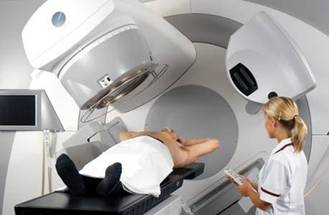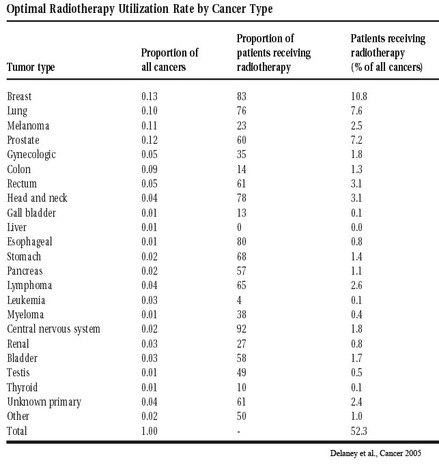I am teaching a course in radiation biology at the University of Alberta. Radiation biology (a.k.a. radiobiology) is the study of the action of ionizing radiations on living organisms. We are exposed to natural background radiation from a variety of sources, including cosmic rays from outer space and from the sun, from natural radioactive materials in the ground and buildings surrounding us, even from natural radionuclides present in our body from food and inhalation. Since ionizing radiation can cause mutagenesis, life on Earth (or for that matter any other yet to be discovered life form on another planet) has evolved mechanism to preserve their hereditary material. Regarding medicine, radiation biology is therefore important to understand the health risk of natural and accidental exposure to ionizing radiation (e.g. from radon and cosmic rays during flights to atomic bombs and accidents at nuclear facilities). Furthermore, astronauts leaving the Earth's protective magnetosphere, e.g. on their voyage to Mars, will be exposed to increased levels of ionizing radiation. Since ionizing radiation can cause mutations, it can also lead to cancers.
Radiation biologists not only study the DNA damage response in order to understand how cells ensure genomic stability, but also how we can exploit this knowledge to treat cancer patients by killing or controlling tumor cells with radiation.
Radiation biologists not only study the DNA damage response in order to understand how cells ensure genomic stability, but also how we can exploit this knowledge to treat cancer patients by killing or controlling tumor cells with radiation.
|
Radiation therapy (a.k.a. radiotherapy) is the treatment of patients with ionizing radiation, usually as part of cancer treatment, but also for some other diseases. Radiation therapy and chemotherapy, often given together, are the most common treatment for cancer. The table gives an idea how common radiation therapy is. Indeed, more than half of cancer patients receive radiation therapy. The University of Alberta has just established a Radiation Therapy Program (http://www.med.ualberta.ca/programs/radth) to educate and train future radiation therapists.
|
Research in Radiation biology
My lab is fortunate to be in an environment excellently equipped for both basic and translational research in radiation biology. The Department of Oncology has leaders in fields related to DNA damage repair and signalling (cancer biology, nuclear medicine, medical physics, and radiation oncology), allowing us to synergize with our neighbours and providing fertile ground for collaborations. Besides having access to in house Caesium-137 and Cobalt-60 sources, we are particularly happy about the recent acquisition of an Xstrahl Small Animal Radiation Research Platform that incorporates CT imaging with precise radiation delivery.
My lab is fortunate to be in an environment excellently equipped for both basic and translational research in radiation biology. The Department of Oncology has leaders in fields related to DNA damage repair and signalling (cancer biology, nuclear medicine, medical physics, and radiation oncology), allowing us to synergize with our neighbours and providing fertile ground for collaborations. Besides having access to in house Caesium-137 and Cobalt-60 sources, we are particularly happy about the recent acquisition of an Xstrahl Small Animal Radiation Research Platform that incorporates CT imaging with precise radiation delivery.


